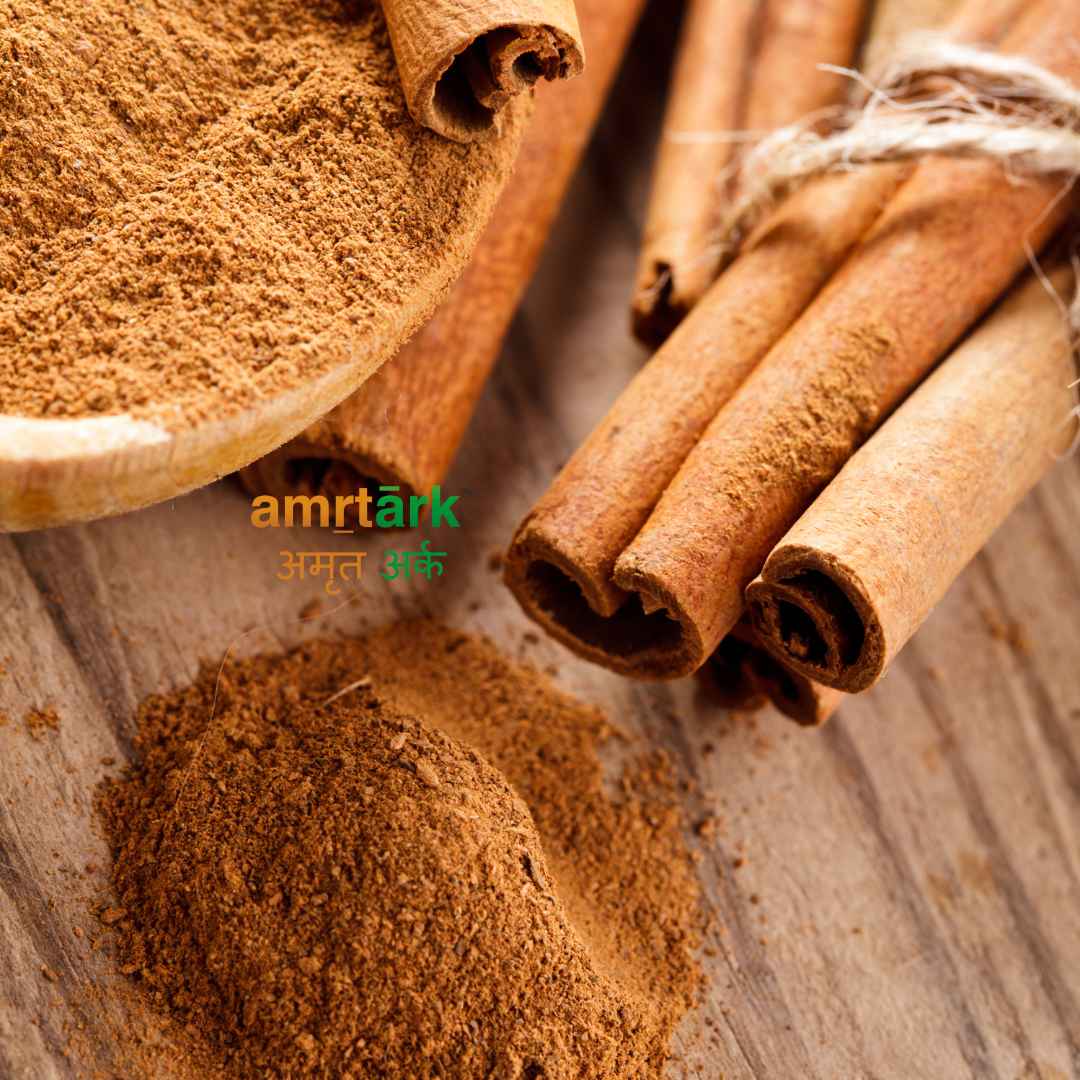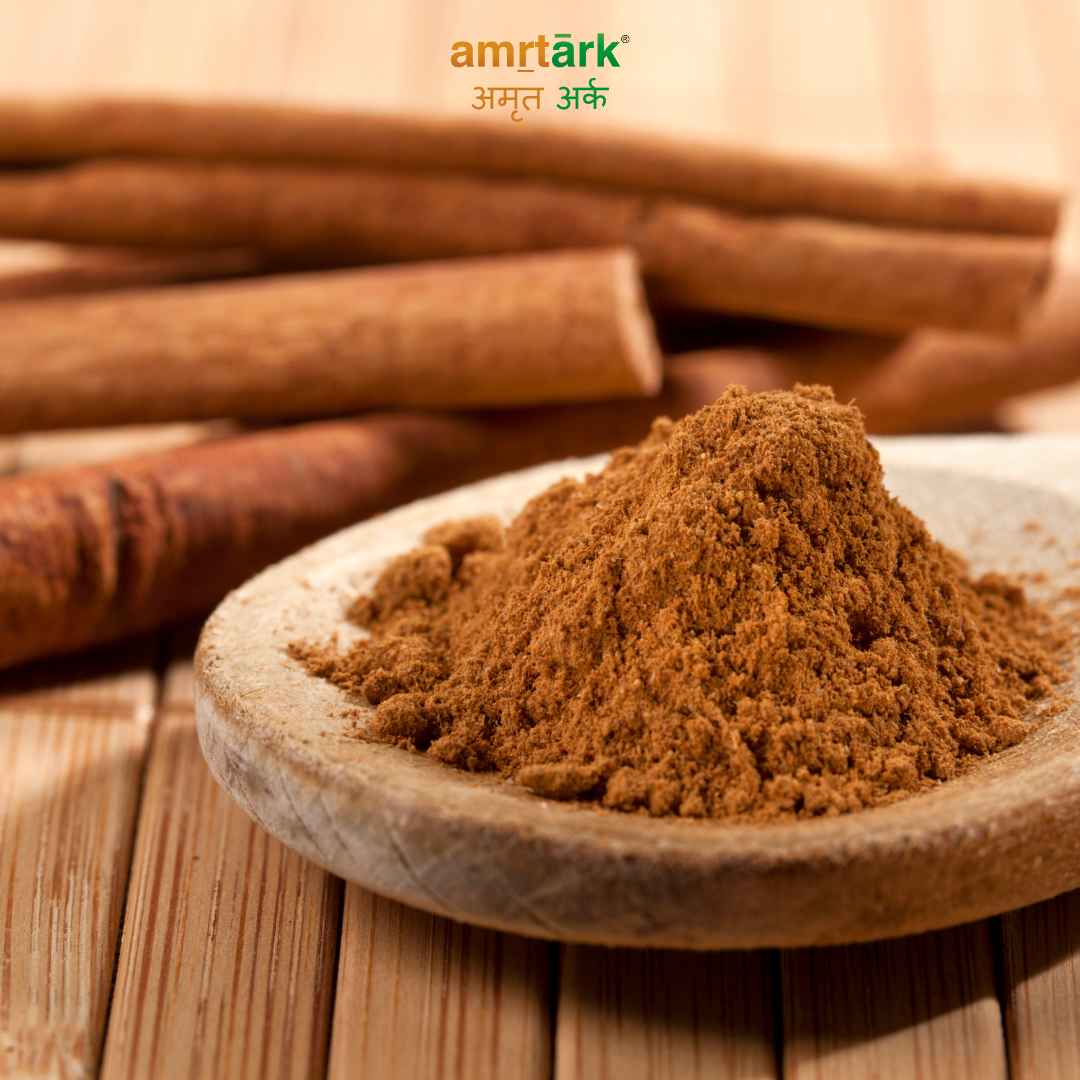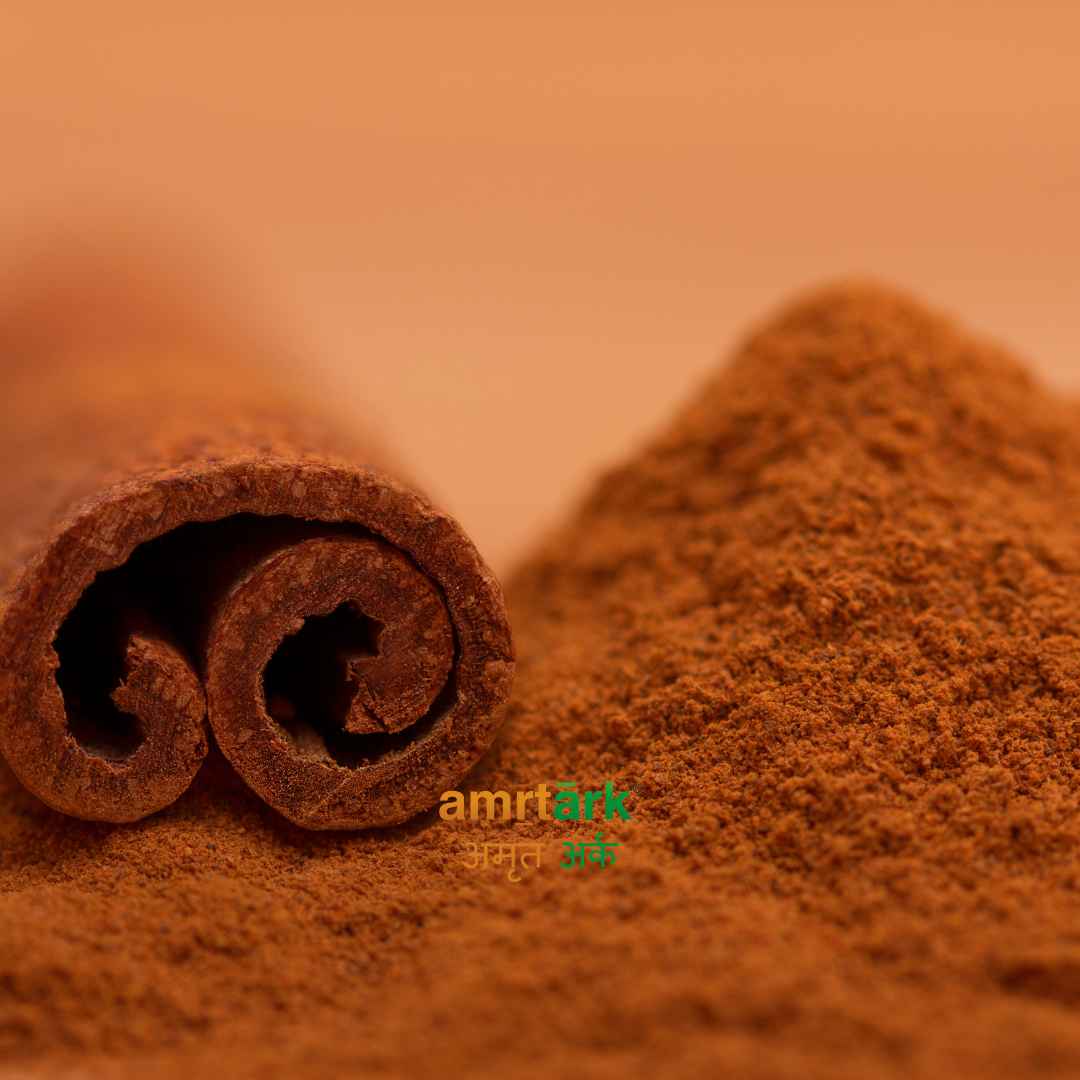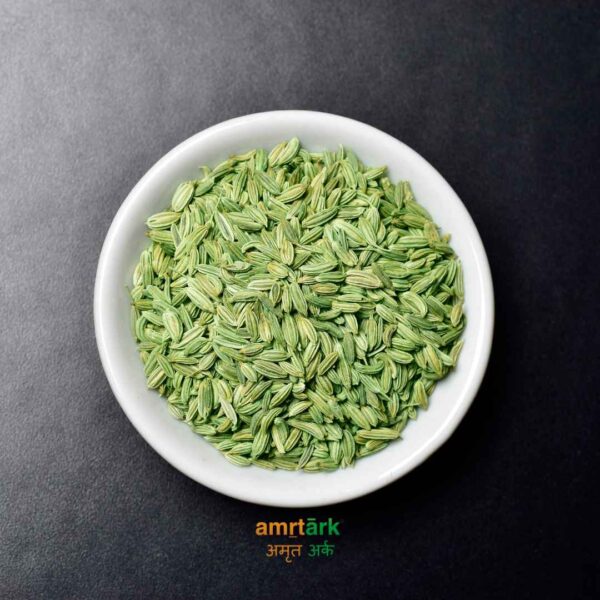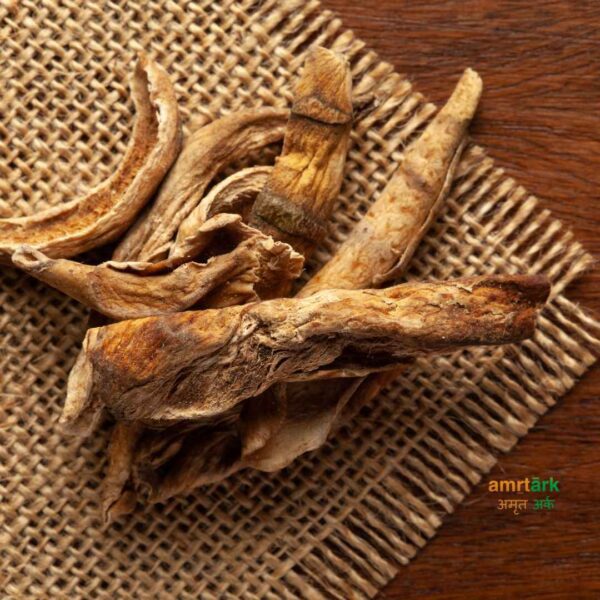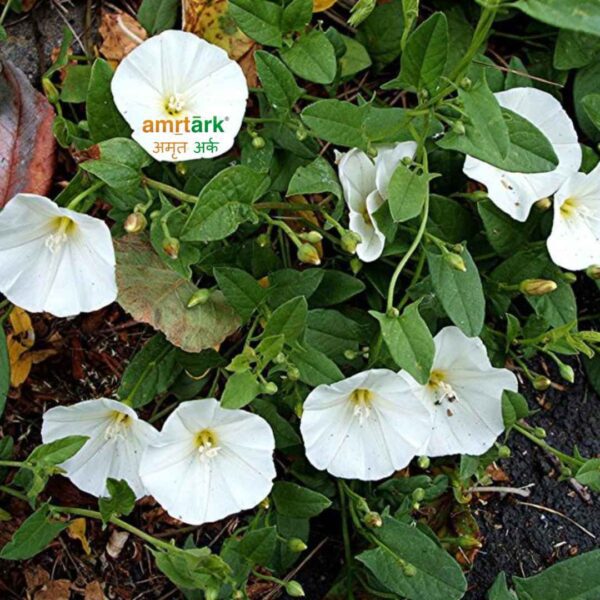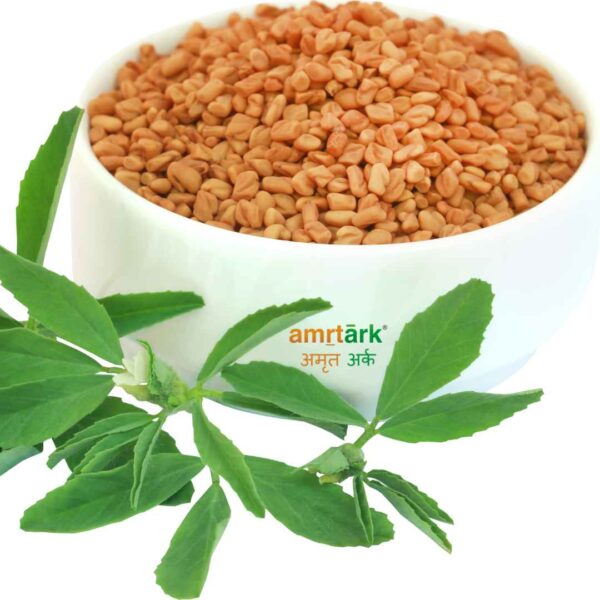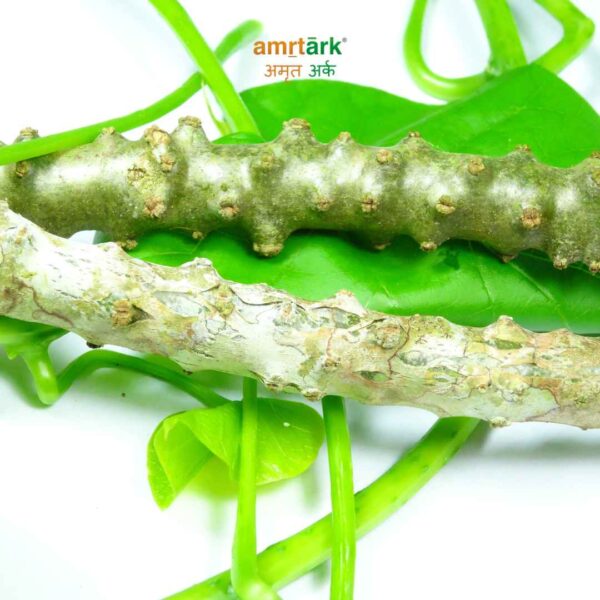Description
Cinnamon, derived from the inner bark of trees from the genus Cinnamomum, particularly Cinnamomum verum, is one of the oldest and most popular spices in the world. Also known as “true cinnamon,” Cinnamomum verum is native to Sri Lanka and southern India. This fragrant spice is highly valued for its distinct flavor and wide range of medicinal properties.
Characteristics and Varieties
Cinnamomum verum, or true cinnamon, is often considered superior in quality compared to other species like Cinnamomum cassia (commonly known as cassia), which is more common in the market. True cinnamon has a milder, sweeter flavor with delicate layers of bark that can be easily broken.
Nutritional and Medicinal Properties
Cinnamon contains a wealth of bioactive compounds, the most important being cinnamaldehyde, eugenol, and coumarin (present in smaller amounts in true cinnamon compared to cassia). These compounds are responsible for its:
- Antioxidant properties
- Anti-inflammatory effects
- Antibacterial and antifungal activities
It is also rich in:
- Vitamins: A, B6, C
- Minerals: Calcium, Iron, Magnesium, Manganese
- Dietary Fiber
Health Benefits of Cinnamon
- Antioxidant Powerhouse: Cinnamon is packed with antioxidants like polyphenols, which protect the body from oxidative stress and reduce free radical damage.
- Anti-inflammatory: The anti-inflammatory properties of cinnamon can help lower the risk of diseases caused by chronic inflammation, such as heart disease and arthritis.
- Blood Sugar Regulation: Cinnamon has been shown to improve insulin sensitivity, making it beneficial for people with type 2 diabetes by helping lower blood sugar levels.
- Heart Health: The spice may help lower cholesterol levels, reduce blood pressure, and improve circulation, which are all factors in maintaining cardiovascular health.
- Antimicrobial Effects: Cinnamon has antimicrobial properties, which can inhibit the growth of bacteria and fungi. It is often used to treat infections and improve oral health by reducing bad breath and protecting against cavities.
- Neuroprotective: Some studies suggest that cinnamon may have protective effects against neurodegenerative diseases like Alzheimer’s and Parkinson’s by inhibiting the buildup of tau proteins in the brain.
- Weight Management: Cinnamon can help curb appetite and improve metabolic rate, assisting in weight management.
Culinary Uses
Cinnamon is a highly versatile spice used in both sweet and savory dishes. It is a key ingredient in:
- Desserts: Cinnamon rolls, cookies, cakes, and pies
- Drinks: Tea, coffee, hot chocolate, and mulled wine
- Savory Dishes: Curries, stews, tagines, and sauces In many cultures, it is used to enhance the flavor of rice dishes, meat marinades, and vegetable preparations.
Cinnamon sticks or ground cinnamon powder can be added to various recipes, making them aromatic and flavorful.
Traditional and Ayurvedic Uses
In Ayurveda, cinnamon is known as Tvak and is used to balance the Kapha dosha. It is believed to stimulate circulation, promote digestion, and relieve congestion. Traditional remedies often use cinnamon in herbal teas or tonics to treat colds, flu, and digestive issues.
Varieties of Cinnamon
There are several types of cinnamon, but the two most common are:
- Ceylon Cinnamon (Cinnamomum verum): Known as true cinnamon, it has a delicate, sweet flavor and contains lower levels of coumarin, a compound that can be toxic in high doses.
- Cassia Cinnamon (Cinnamomum cassia): This is a cheaper and more widely available variety, with a stronger, more pungent flavor. It is often used in commercial cinnamon products.
Storage
Cinnamon can be stored as whole sticks or ground powder. It should be kept in an airtight container in a cool, dark place. Ground cinnamon tends to lose its flavor faster than whole sticks, so it’s best to use it within six months for maximum potency.

